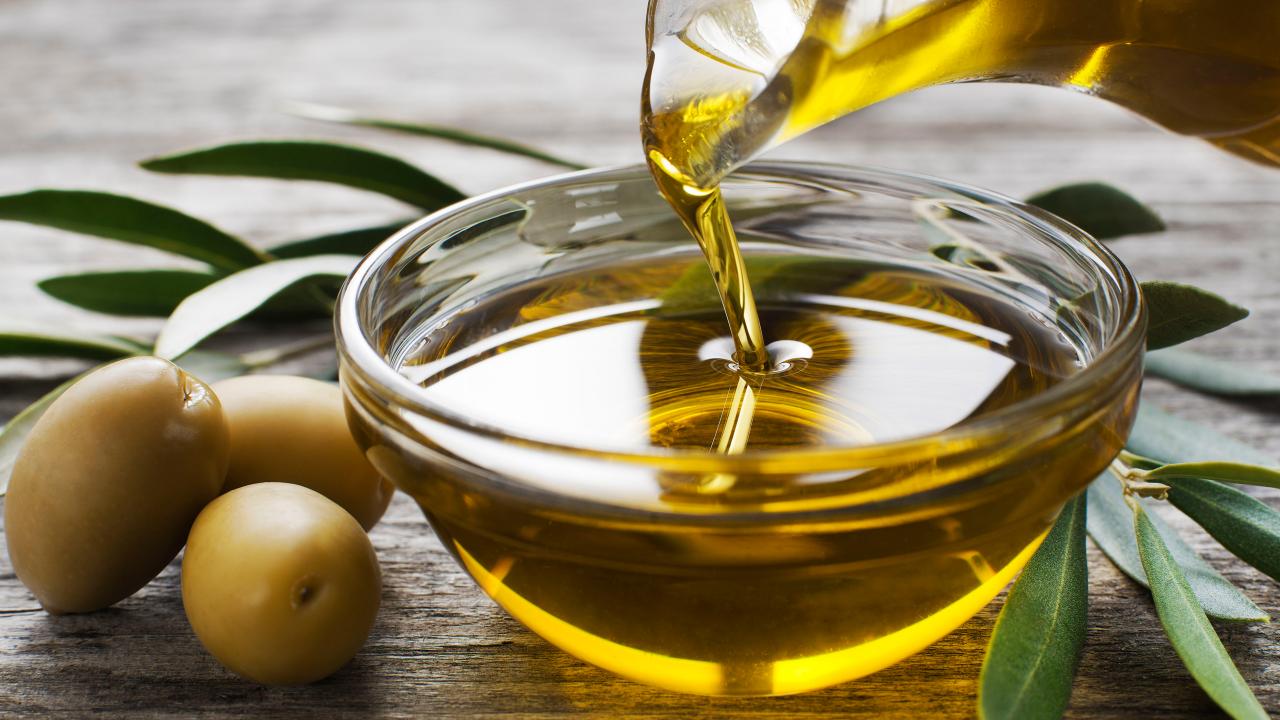

Articles
How To Store Extra Virgin Olive Oil
Modified: December 7, 2023
Discover the best way to store your extra virgin olive oil and keep it fresh for longer. Read our informative articles on proper storage methods and enjoy the full flavor of this healthy ingredient.
(Many of the links in this article redirect to a specific reviewed product. Your purchase of these products through affiliate links helps to generate commission for Storables.com, at no extra cost. Learn more)
Introduction
Welcome to the world of extra virgin olive oil! If you’re a food lover or a health enthusiast, chances are you have come across this golden elixir in your culinary adventures. Extra virgin olive oil is not only a staple ingredient in Mediterranean cuisine but also known for its numerous health benefits.
However, to extract the maximum flavor and nutritional value from this precious oil, it is crucial to understand how to store it properly. The way you store your extra virgin olive oil can greatly impact its quality, shelf life, and overall taste.
In this article, we will delve into the intricacies of storing extra virgin olive oil and provide you with valuable insights to ensure that your oil remains fresh, flavorful, and of the highest quality. Whether you are an experienced chef or a beginner in the kitchen, these tips will help you make the most out of your extra virgin olive oil.
So, let’s dive in and explore the wonderful world of storing extra virgin olive oil!
Key Takeaways:
- Properly storing extra virgin olive oil is crucial for maintaining its quality, flavor, and nutritional benefits. Choose the right containers, store in a cool, dark place, and prevent oxidation to preserve its freshness.
- Handling and pouring extra virgin olive oil with care is essential for maintaining its integrity and flavor. Use airtight containers, avoid light exposure, and follow proper pouring techniques to ensure each use is delightful.
Understanding Extra Virgin Olive Oil
Before we talk about storing extra virgin olive oil, it’s important to have a good understanding of what it actually is. Extra virgin olive oil is the highest quality and purest form of olive oil, extracted from olives using a mechanical process without any chemical refining or industrial treatment.
What sets extra virgin olive oil apart is its low acidity level, typically below 0.8%. This acidity level is measured by free fatty acids and is an indicator of the quality and freshness of the oil. A lower acidity level signifies a higher quality and better flavor profile.
Extra virgin olive oil is celebrated for its rich flavor, distinct aroma, and numerous health benefits. It contains a high concentration of monounsaturated fats, specifically oleic acid, which is beneficial for heart health. It is also rich in antioxidants, such as vitamin E and polyphenols, which help fight inflammation and oxidative stress in the body.
When buying extra virgin olive oil, it’s crucial to look for reputable brands that adhere to strict production standards and have certifications indicating the authenticity and quality of their products. This ensures that you are getting a true and premium extra virgin olive oil.
Now that we have a better understanding of the characteristics and qualities of extra virgin olive oil, let’s move on to the essential factors that affect its shelf life.
Factors Affecting the Shelf Life of Extra Virgin Olive Oil
The shelf life of extra virgin olive oil is influenced by several factors, and understanding these factors is vital in ensuring that your oil stays fresh for as long as possible. Let’s take a closer look at the key factors that can impact the shelf life of extra virgin olive oil:
- Exposure to air: Oxygen is the enemy of extra virgin olive oil. When exposed to air, the oil undergoes oxidation, which leads to the breakdown of its beneficial compounds and a decrease in quality. To prevent excessive exposure to air, make sure to seal the bottle tightly after each use.
- Exposure to light: Another enemy of extra virgin olive oil is light. Ultraviolet (UV) rays can degrade the oil and accelerate its deterioration. It is essential to store your oil in a dark or opaque container to minimize light exposure.
- Temperature: Temperature plays a crucial role in determining the shelf life of extra virgin olive oil. The ideal storage temperature is around 57°F to 65°F (14°C to 18°C). Exposure to high temperatures, such as direct sunlight or a warm kitchen, can cause the oil to spoil more quickly.
- Heat: In addition to temperature, exposure to heat can also adversely affect the quality of extra virgin olive oil. It is essential to store your oil away from heat sources, such as stovetops or ovens, to maintain its freshness.
- Container quality: The type and quality of the container used for storing extra virgin olive oil can impact its shelf life. It is recommended to use dark glass bottles or stainless steel containers that are airtight to protect the oil from light and air.
By taking these factors into consideration, you can significantly extend the shelf life of your extra virgin olive oil and preserve its flavor, aroma, and nutritional benefits. In the next section, we will explore the different types of containers suitable for storing extra virgin olive oil.
Proper Storage Containers for Extra Virgin Olive Oil
Choosing the right container for storing extra virgin olive oil is crucial in maintaining its quality and prolonging its shelf life. Here are some factors to consider when selecting a storage container:
- Material: Opt for dark-colored glass bottles or stainless steel containers. These materials provide excellent protection against exposure to light, preventing UV rays from accelerating the oil’s deterioration.
- Dark-colored glass: Amber or green glass bottles are commonly used to store extra virgin olive oil due to their ability to block light. This helps in preserving the oil’s color, flavor, and antioxidant properties.
- Size: It’s advisable to store extra virgin olive oil in smaller-sized containers rather than larger ones. This reduces the oil’s exposure to air every time the container is opened, maintaining its freshness and preventing premature oxidation.
- Airtight seal: Ensure that the container has a tight and secure seal to prevent air from entering. This will help minimize oxidation and maintain the oil’s quality for longer.
- Pouring spout or cap: Look for containers that have a pour spout or a cap with a limited flow. This allows for controlled pouring, reducing the chances of spills or waste.
When transferring extra virgin olive oil from its original packaging to a storage container, it is important to handle it with care. Use a funnel to prevent any spills or contamination, and make sure that both the original bottle and the storage container are clean and dry before transferring the oil.
Remember, extra virgin olive oil is sensitive to light, air, and heat, so it’s crucial to store the containers properly. In the next section, we will explore the importance of selecting the right location for storing extra virgin olive oil.
Choosing the Right Location for Storing Extra Virgin Olive Oil
The location where you store your extra virgin olive oil can have a significant impact on its quality and shelf life. Here are some important considerations when choosing the right location for storing your oil:
- Away from light: Light can accelerate the oxidation process, leading to the degradation of the oil’s flavor and nutritional value. Store your extra virgin olive oil in a cool, dark place, away from direct sunlight or bright artificial light.
- Shielded from heat: Heat can cause the oil to spoil more quickly and lose its beneficial properties. Avoid storing it near heat sources such as stoves, ovens, or other appliances that emit heat.
- Stable temperature: Fluctuating temperatures can negatively impact the quality of extra virgin olive oil. Aim for a storage location with a stable temperature, preferably between 57°F to 65°F (14°C to 18°C).
- Free from strong odors: Extra virgin olive oil can absorb strong odors from its surroundings, which can affect its taste. Avoid storing it near strong-smelling substances, such as spices, cleaning agents, or other pungent foods.
- Easily accessible: Choose a location that is easily accessible and convenient for regular use. This ensures that you’ll reach for your extra virgin olive oil more often, preventing it from sitting idle for long periods.
Some ideal locations for storing extra virgin olive oil include a pantry, kitchen cabinet, or a dedicated cupboard away from direct heat and light. If you live in a hot climate, you may want to consider storing the oil in the refrigerator to maintain its freshness.
It’s important to note that storing extra virgin olive oil in the refrigerator can cause it to solidify or become cloudy. However, this does not affect its quality. Simply remove it from the fridge and allow it to come back to room temperature before using it.
Now that we’ve discussed the importance of choosing the right location for storing extra virgin olive oil, let’s explore some guidelines for storing it in different climates.
Store extra virgin olive oil in a cool, dark place away from heat and light to preserve its flavor and quality. A pantry or cupboard works well. Avoid storing it near the stove or in direct sunlight.
Read more: How To Store Olive Oil
Storing Extra Virgin Olive Oil in Different Climates
The climate in which you live can have a significant impact on the storage of your extra virgin olive oil. Here are some guidelines for storing olive oil in various climates:
Cool Climates:
In cool climates, where temperatures remain consistently low, storing extra virgin olive oil at room temperature is generally sufficient. However, it’s still essential to protect it from light and air. Find a cool, dark location away from direct sunlight and make sure the container is tightly sealed. Avoid storing it near any heat sources or areas prone to temperature fluctuations.
Hot Climates:
In hot climates, where temperatures can soar, it’s crucial to take extra precautions to preserve the quality of your extra virgin olive oil. Here are a few tips:
- Refrigeration: Consider storing your olive oil in the refrigerator to maintain its freshness and prevent it from degrading quickly. However, keep in mind that refrigeration can cause the oil to solidify. Allow it to come to room temperature before using it.
- Dark and Cool Storage: If refrigeration is not an option or if you prefer to keep your oil at room temperature, choose a cool and dark location in your home. Avoid the kitchen counter or near any heat sources. A pantry or a dedicated cupboard away from direct sunlight is ideal.
- Rotation: Use the FIFO (first in, first out) method to ensure you consume older bottles of extra virgin olive oil first. This helps prevent older bottles from sitting idle for too long and diminishing in quality.
Humid Climates:
In humid climates, moisture in the air can affect the quality of extra virgin olive oil. Here’s what you can do:
- Airtight Containers: Ensure that your storage containers have airtight seals to prevent moisture from entering. This helps maintain the oil’s freshness and prevent any potential issues.
- Desiccant Packets: Consider adding desiccant packets to the storage area to absorb excess moisture and humidity. These packets can be found in many packaged food products or purchased separately.
- Regular Inspections: Regularly check your extra virgin olive oil for any signs of spoilage or mold. If you notice any changes in color, smell, or taste, it’s best to discard it and replace it with a fresh bottle.
By considering the climate in which you live, you can take appropriate measures to store your extra virgin olive oil and maintain its quality regardless of the external conditions.
In the next section, we will discuss how to prevent oxidation and light exposure, which are crucial factors in keeping your olive oil fresh.
Preventing Oxidation and Light Exposure
Oxidation and light exposure are two culprits that can degrade the quality of extra virgin olive oil. To ensure the freshness and longevity of your oil, it’s crucial to take steps to prevent oxidation and protect it from light exposure. Here are some helpful guidelines:
- Choose airtight containers: Store your extra virgin olive oil in containers with airtight seals to minimize its exposure to oxygen. This helps slow down the oxidation process and preserves the oil’s quality.
- Transfer oil to smaller containers: If you purchase extra virgin olive oil in large quantities, consider transferring it to smaller containers for daily use. This reduces the amount of air in contact with the oil, minimizing oxidation.
- Seal the container tightly: After each use, make sure to seal the container tightly to minimize air contact. This helps preserve the freshness of the oil and extends its shelf life.
- Store in a cool, dark place: Light exposure can accelerate the oxidation process and degrade the quality of the oil. Choose a storage location away from direct sunlight or bright artificial light to minimize light exposure. A cool, dark pantry or cupboard is an ideal choice.
- Avoid transparent or light-colored containers: Opt for dark-colored glass bottles to store your extra virgin olive oil. Dark glass helps block out light, protecting the oil from UV rays and reducing light exposure.
- Do not store near heat sources: Heat can speed up oxidation and degrade the quality of extra virgin olive oil. Ensure that the storage location is away from heat sources such as stoves, ovens, or other appliances.
- Use within the recommended timeframe: Extra virgin olive oil is best consumed within its recommended timeframe, usually within two years of its production date. The oil will gradually lose its flavor and nutritional value over time, so it’s essential to use it while it’s fresh.
By taking these preventative measures, you can significantly reduce oxidation and light exposure, ensuring that your extra virgin olive oil remains fresh, flavorful, and packed with beneficial compounds.
In the next section, we will discuss proper handling and pouring techniques for extra virgin olive oil.
Handling and Pouring Extra Virgin Olive Oil
Proper handling and pouring techniques are essential to maintain the quality and flavor of extra virgin olive oil. Here are some tips to ensure that you handle and pour your oil correctly:
- Keep the bottle upright: Store your extra virgin olive oil in an upright position to prevent air from entering the bottle. This minimizes the risk of oxidation and helps preserve the oil’s freshness.
- Gently shake before use: Before using your extra virgin olive oil, gently shake the bottle to distribute any settled sediments and ensure a consistent flavor profile.
- Use a clean, dry spoon: When scooping out extra virgin olive oil from the container, use a clean, dry spoon to avoid introducing any contaminants or moisture.
- Avoid direct contact with fingers: To prevent any potential contamination, avoid touching the inside of the bottle or pouring spout with your fingers. Use the pouring spout or a clean utensil instead.
- Pour with control: When pouring extra virgin olive oil, pour it slowly and with control to prevent any spills or drips. This helps to minimize wastage and ensures accurate portioning.
- Store opened oil properly: If you have leftover oil after use, make sure to seal the bottle tightly and store it in a cool, dark, and dry place. This helps prevent air, light, and moisture from affecting the oil’s quality.
- Do not reuse oil: It’s important to note that extra virgin olive oil is not suitable for reuse. Once it has been used for cooking, discard the used oil properly and use fresh oil for your next culinary endeavors.
By following these handling and pouring guidelines, you can maintain the integrity and flavor of your extra virgin olive oil, ensuring that each use is a delightful and flavorful experience.
Now that we have covered the essential tips for handling and pouring extra virgin olive oil, let’s move on to some frequently asked questions.
Frequently Asked Questions (FAQs)
Here are some frequently asked questions about storing extra virgin olive oil:
1. Can I store extra virgin olive oil in the refrigerator?
Yes, you can store extra virgin olive oil in the refrigerator to prolong its freshness, especially in hot climates. However, be aware that refrigeration may cause the oil to solidify or become cloudy. Simply let it come back to room temperature before using it.
2. How long can I store extra virgin olive oil?
Extra virgin olive oil is best consumed within two years of its production date. After that, the oil will gradually lose its flavor and nutritional benefits. It’s recommended to check the “best by” or expiration date provided by the manufacturer.
3. Should I buy extra virgin olive oil in larger or smaller bottles?
It’s generally recommended to store extra virgin olive oil in smaller bottles. This reduces the exposure to air every time you open the container, helping to maintain its freshness and quality. Larger bottles can be divided into smaller containers for daily use.
4. Can I reuse extra virgin olive oil?
No, extra virgin olive oil should not be reused. Once it has been used for cooking, it can undergo chemical changes and lose its flavor and nutritional value. It’s best to discard the used oil and use fresh oil for your culinary needs.
5. How can I tell if my extra virgin olive oil has gone bad?
Signs that your extra virgin olive oil may have gone bad include a rancid or off-putting smell, a bitter or unpleasant taste, or a change in color from the original vibrant green or golden hue. If you notice any of these signs, it’s best to discard the oil.
6. Can I store extra virgin olive oil in a plastic container?
It is not recommended to store extra virgin olive oil in a plastic container, as plastic can react with the oil and affect its quality. It’s best to choose dark-colored glass bottles or stainless steel containers for optimal storage.
Remember, proper storage and handling are essential for maintaining the quality and freshness of your extra virgin olive oil. By following these guidelines, you can enjoy the full flavor and health benefits of this magnificent culinary gem.
If you have any other questions or concerns, don’t hesitate to reach out to the manufacturer or consult an expert for further advice.
Now, let’s conclude our exploration of storing extra virgin olive oil.
Read more: How To Store Basil In Olive Oil
Conclusion
Properly storing extra virgin olive oil is essential to maintain its quality, flavor, and nutritional benefits. By understanding the factors that affect its shelf life and following the guidelines for storage, you can ensure that your oil remains fresh and delicious for as long as possible.
Remember to choose the right storage containers, such as dark-colored glass bottles or stainless steel containers, to protect the oil from light and air exposure. Store the oil in a cool, dark place away from heat sources and temperature fluctuations. Be mindful of the climate you live in and take appropriate measures to preserve its freshness, whether it’s refrigeration or finding a cool location in your home.
Preventing oxidation and minimizing light exposure are crucial for maintaining the quality of extra virgin olive oil. Sealing the containers tightly, using smaller bottles, and handling and pouring the oil with care are all important steps in ensuring the oil’s longevity.
By following these best practices and handling guidelines, you can enjoy the full flavor, aroma, and health benefits of your extra virgin olive oil in all your culinary creations. Remember to use the oil within its recommended timeframe and to discard any oil that has gone bad.
Extra virgin olive oil is not just an ingredient; it is a culinary treasure known for its richness and versatility. By taking the time to store it properly, you can savor the true essence of this remarkable oil in every dish you prepare.
So, go ahead and confidently stock up on extra virgin olive oil, knowing that you have the knowledge to store it correctly and maximize its potential. Let the magic of this golden elixir elevate your cooking and contribute to your overall wellbeing.
Happy cooking and enjoying the wonderful world of extra virgin olive oil!
Frequently Asked Questions about How To Store Extra Virgin Olive Oil
Was this page helpful?
At Storables.com, we guarantee accurate and reliable information. Our content, validated by Expert Board Contributors, is crafted following stringent Editorial Policies. We're committed to providing you with well-researched, expert-backed insights for all your informational needs.
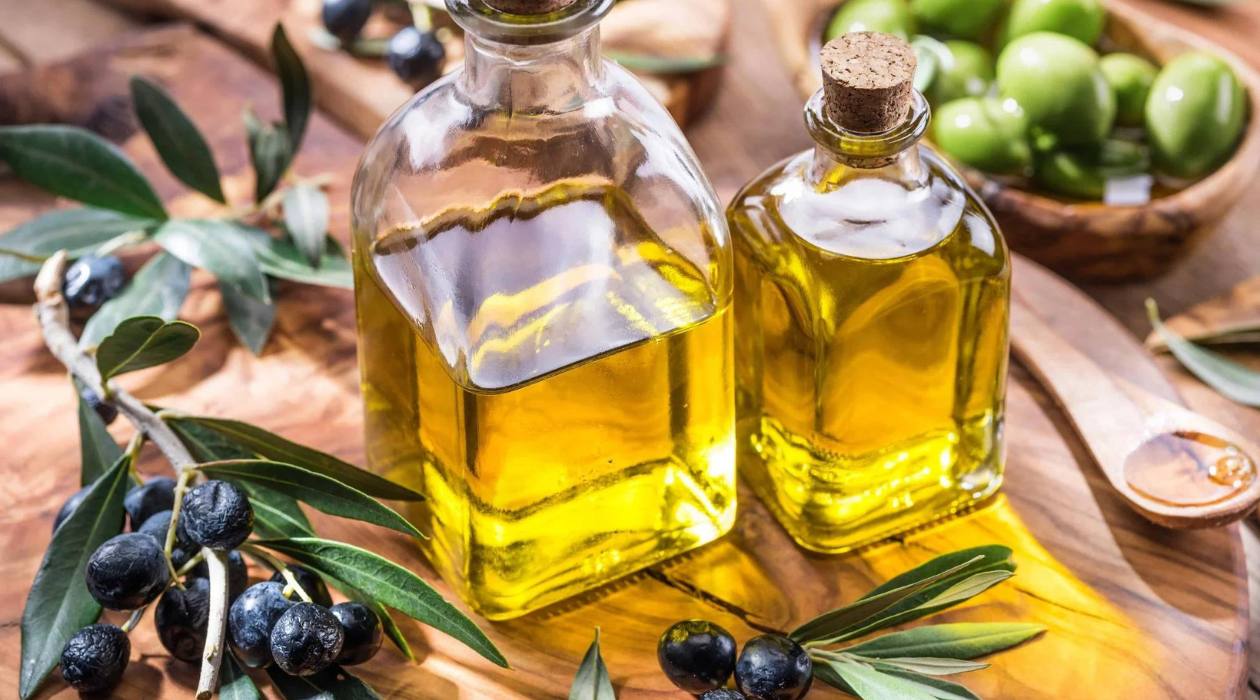


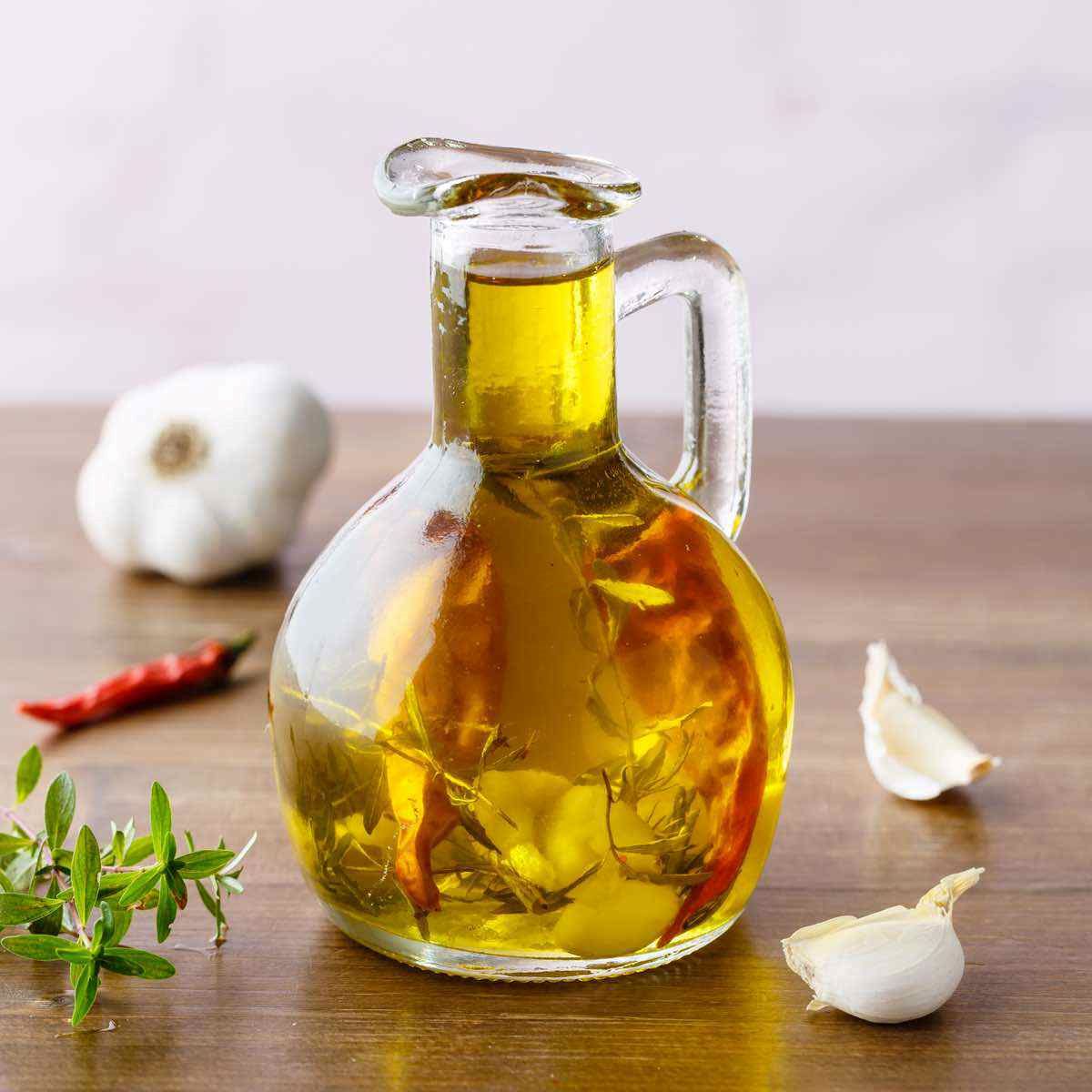
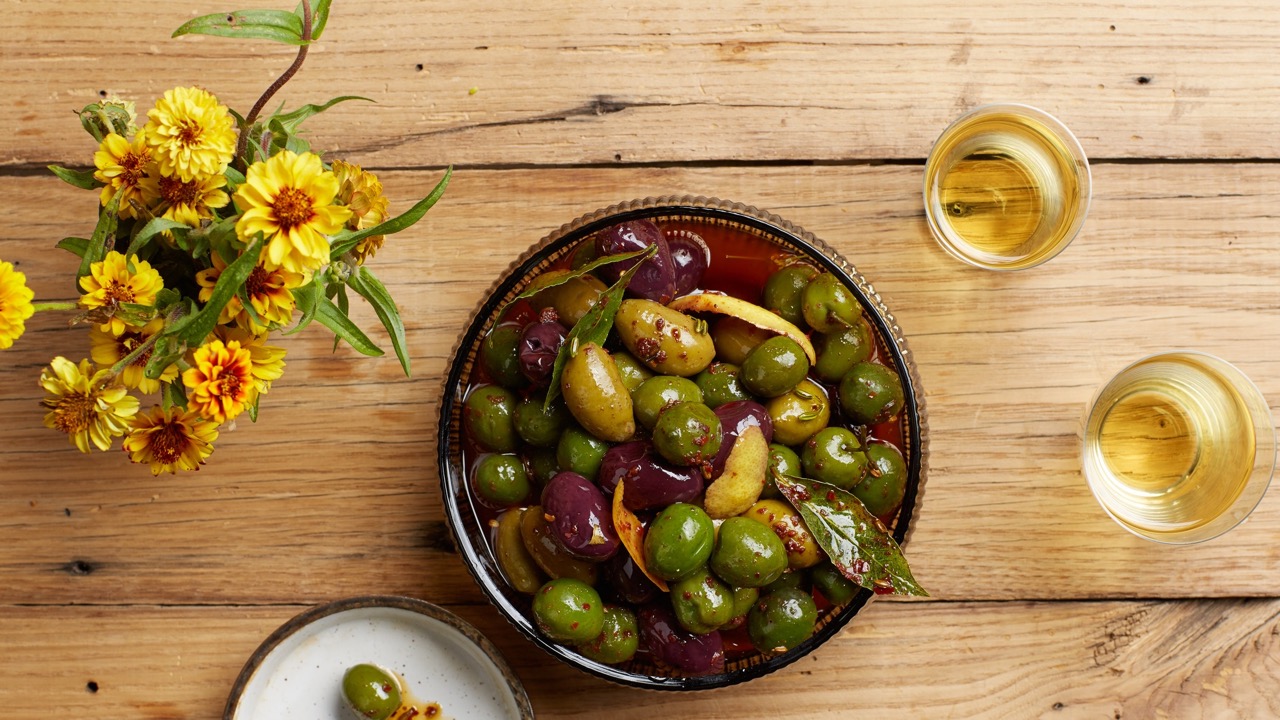
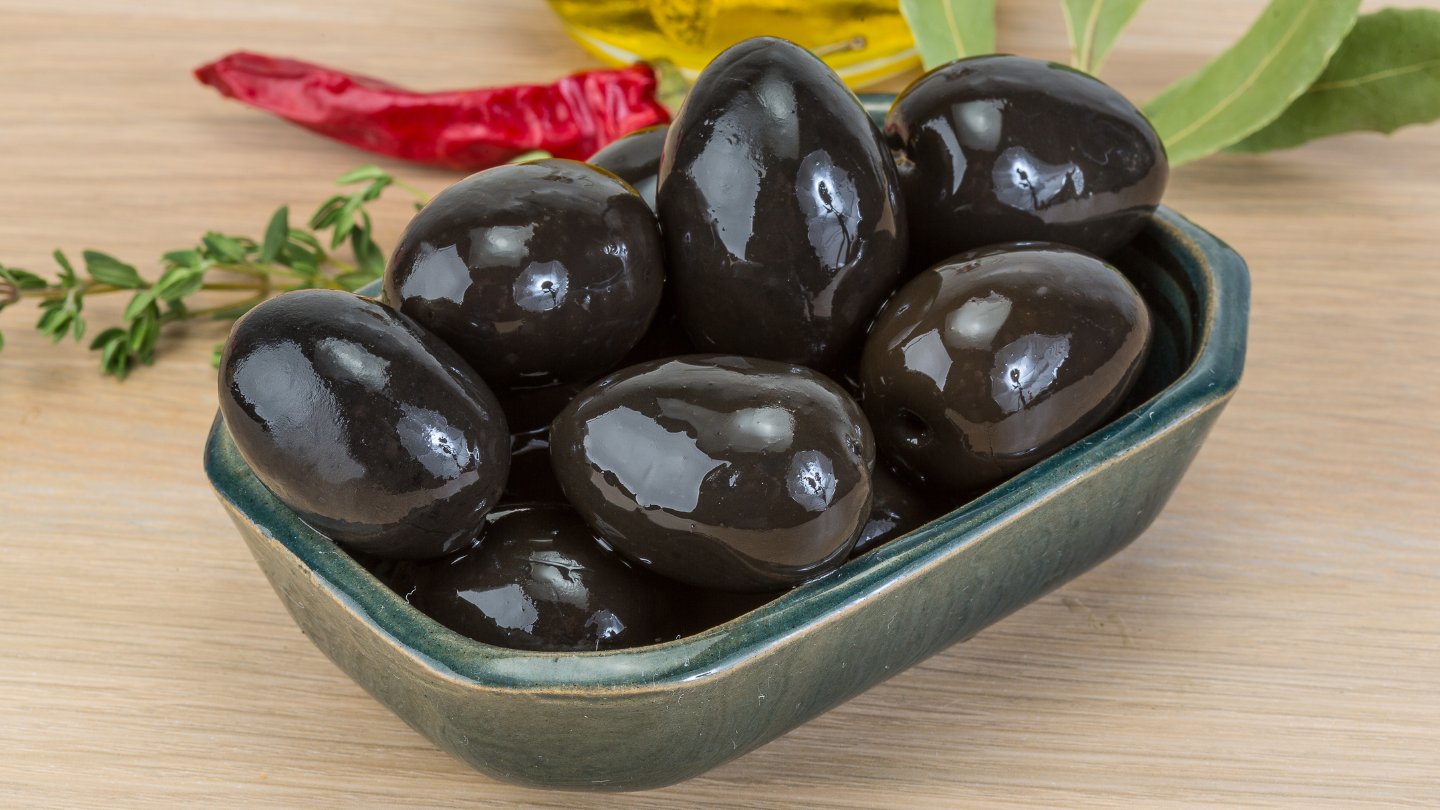

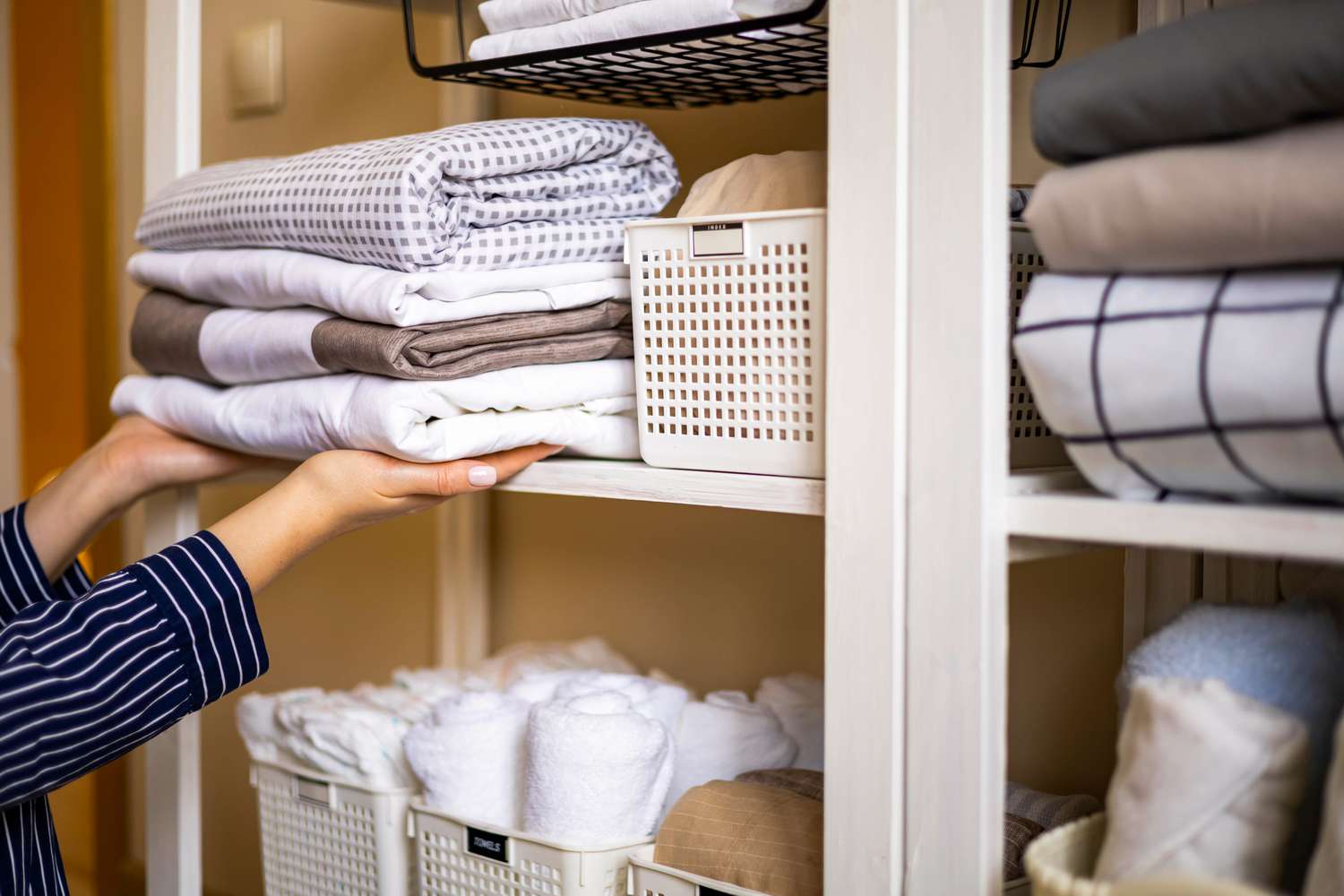
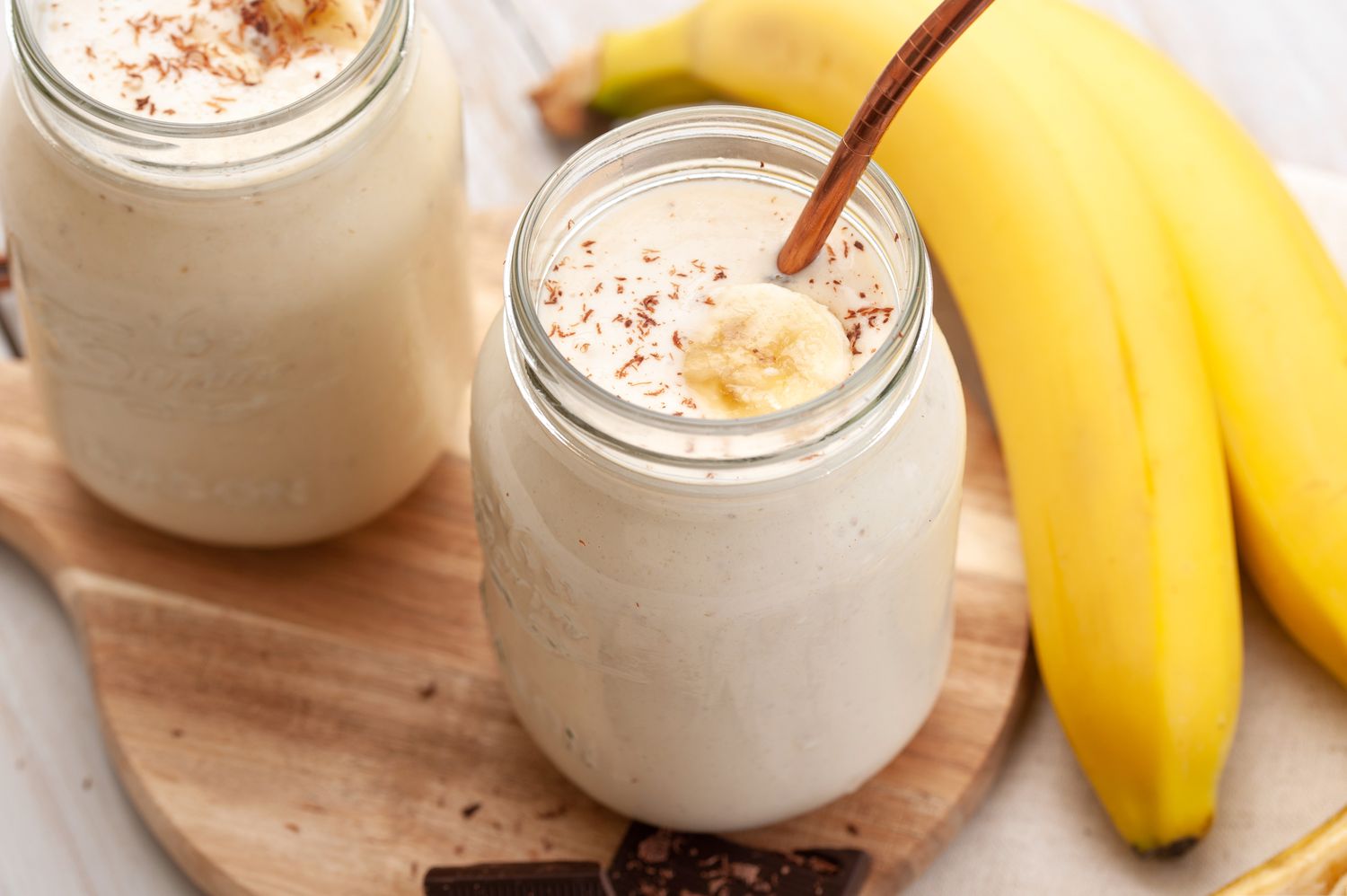
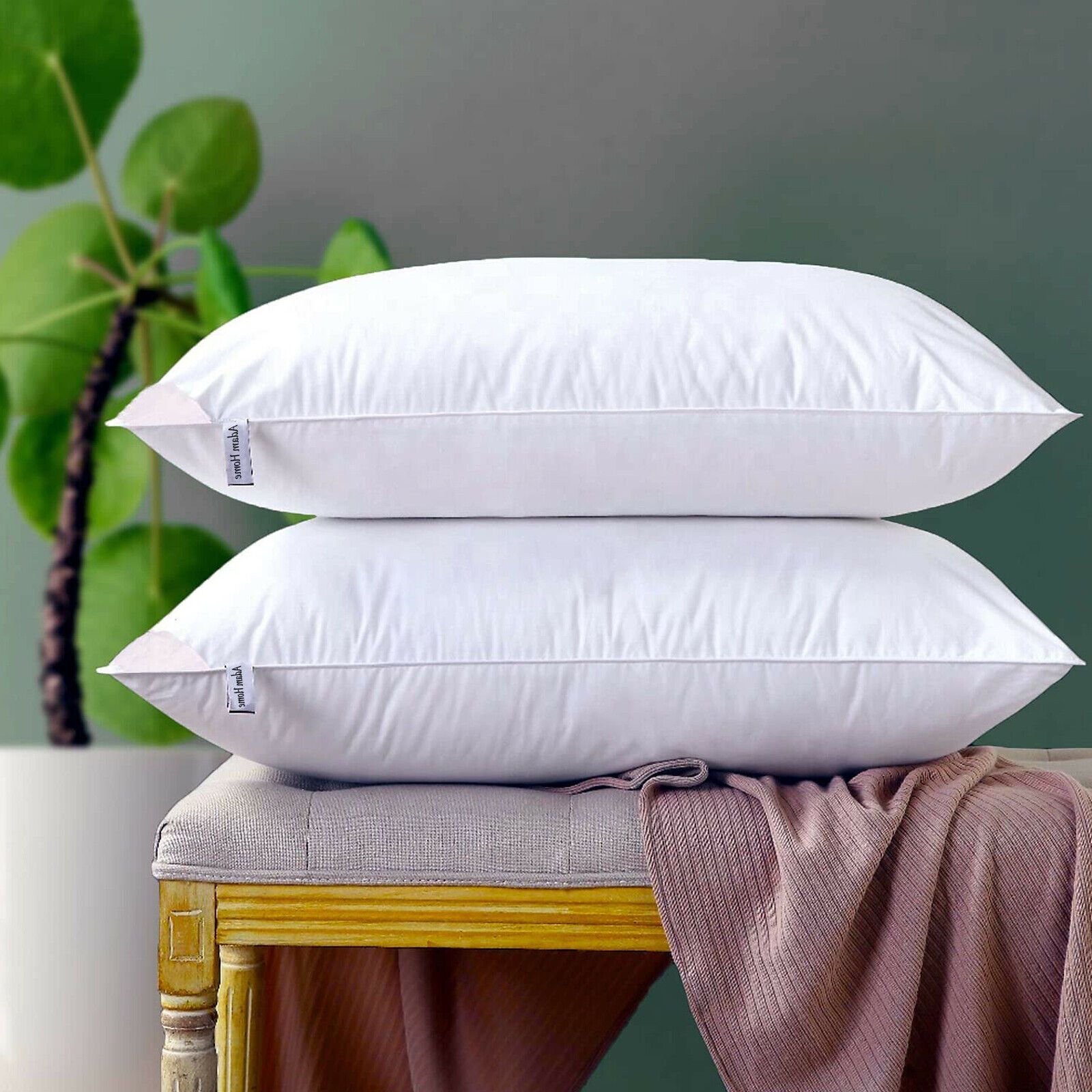
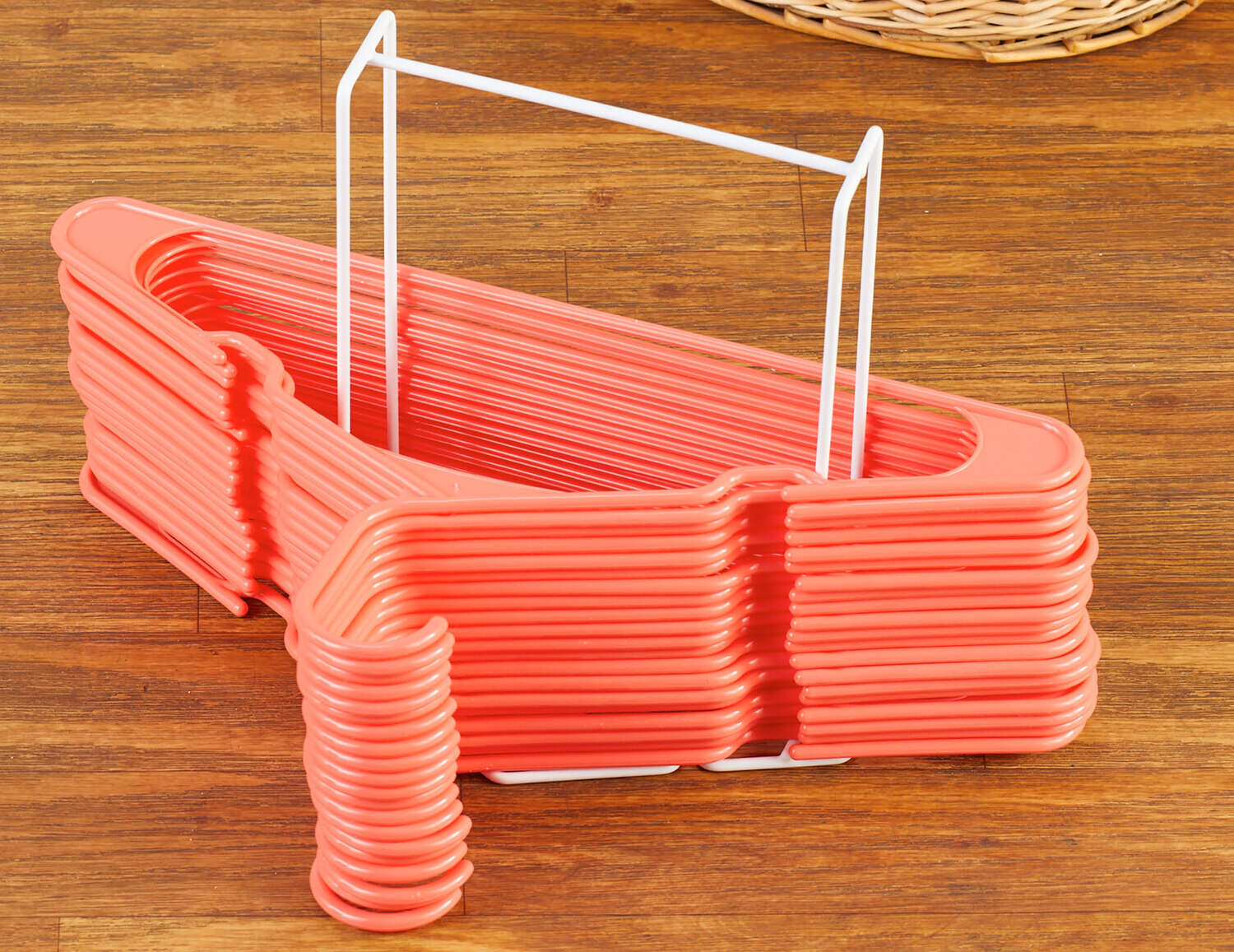

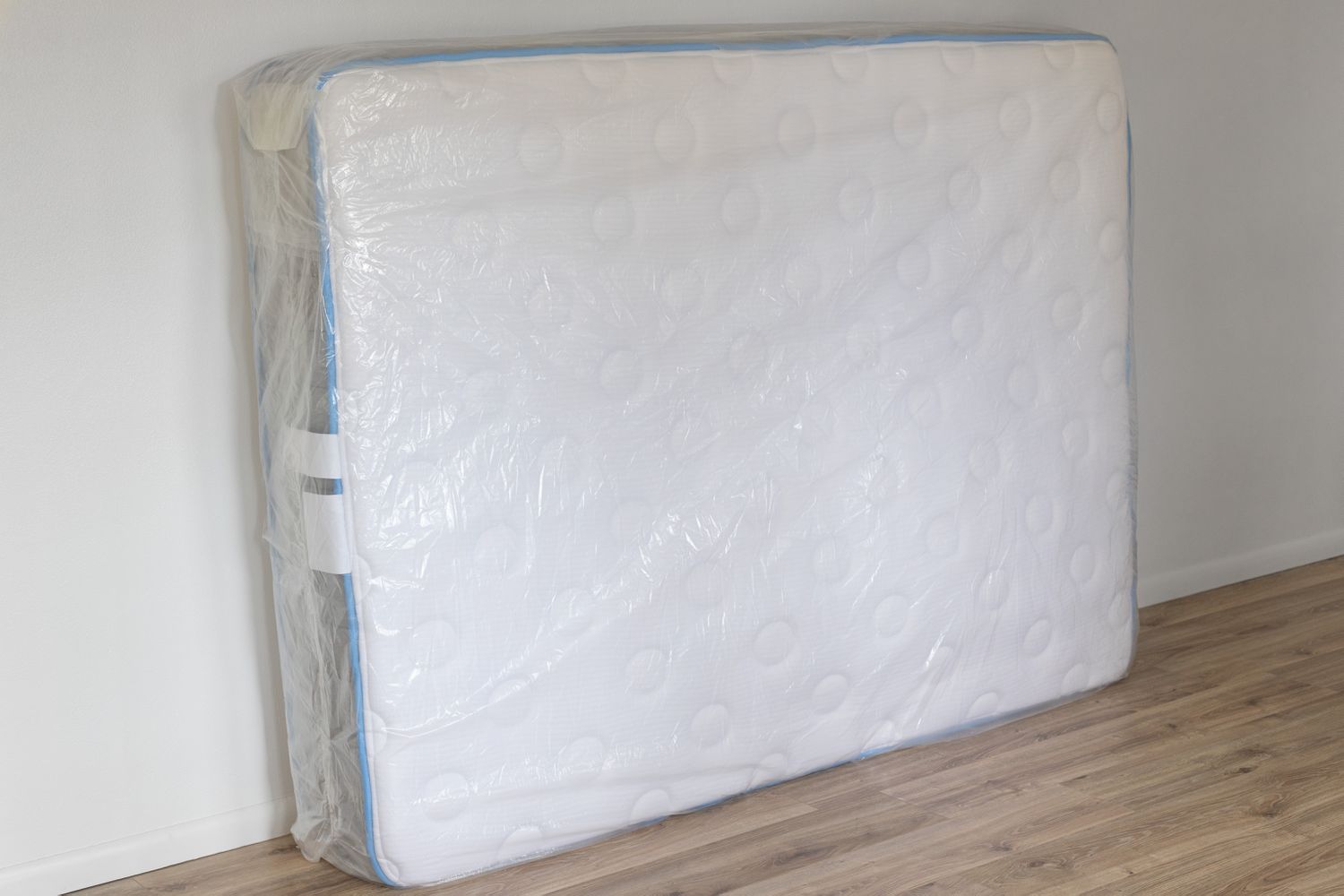

0 thoughts on “How To Store Extra Virgin Olive Oil”